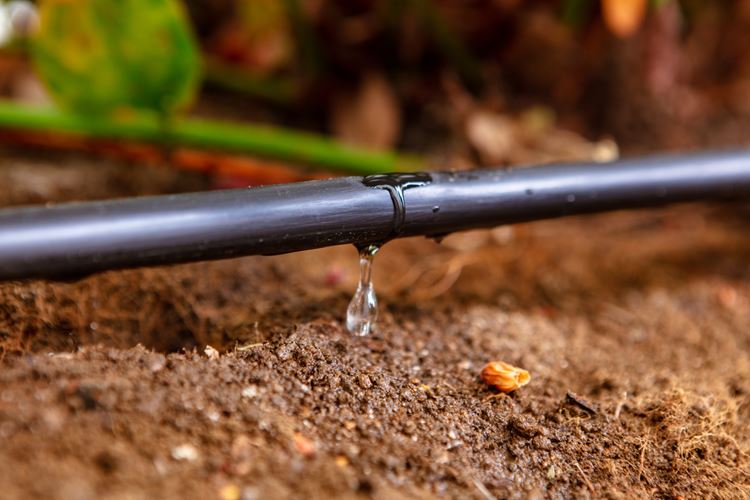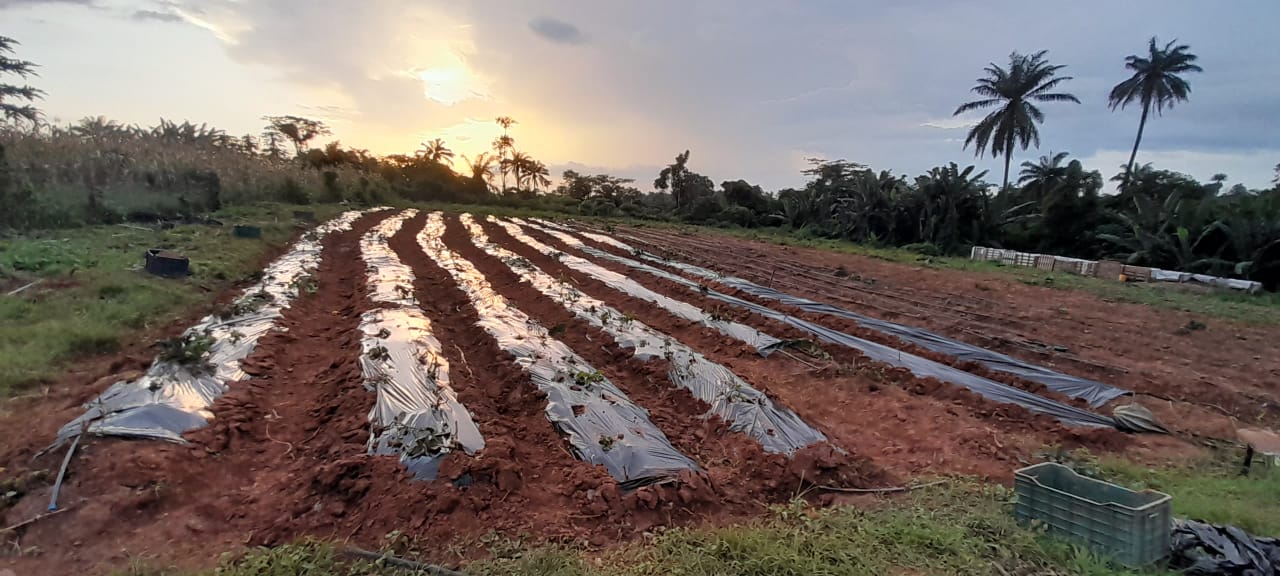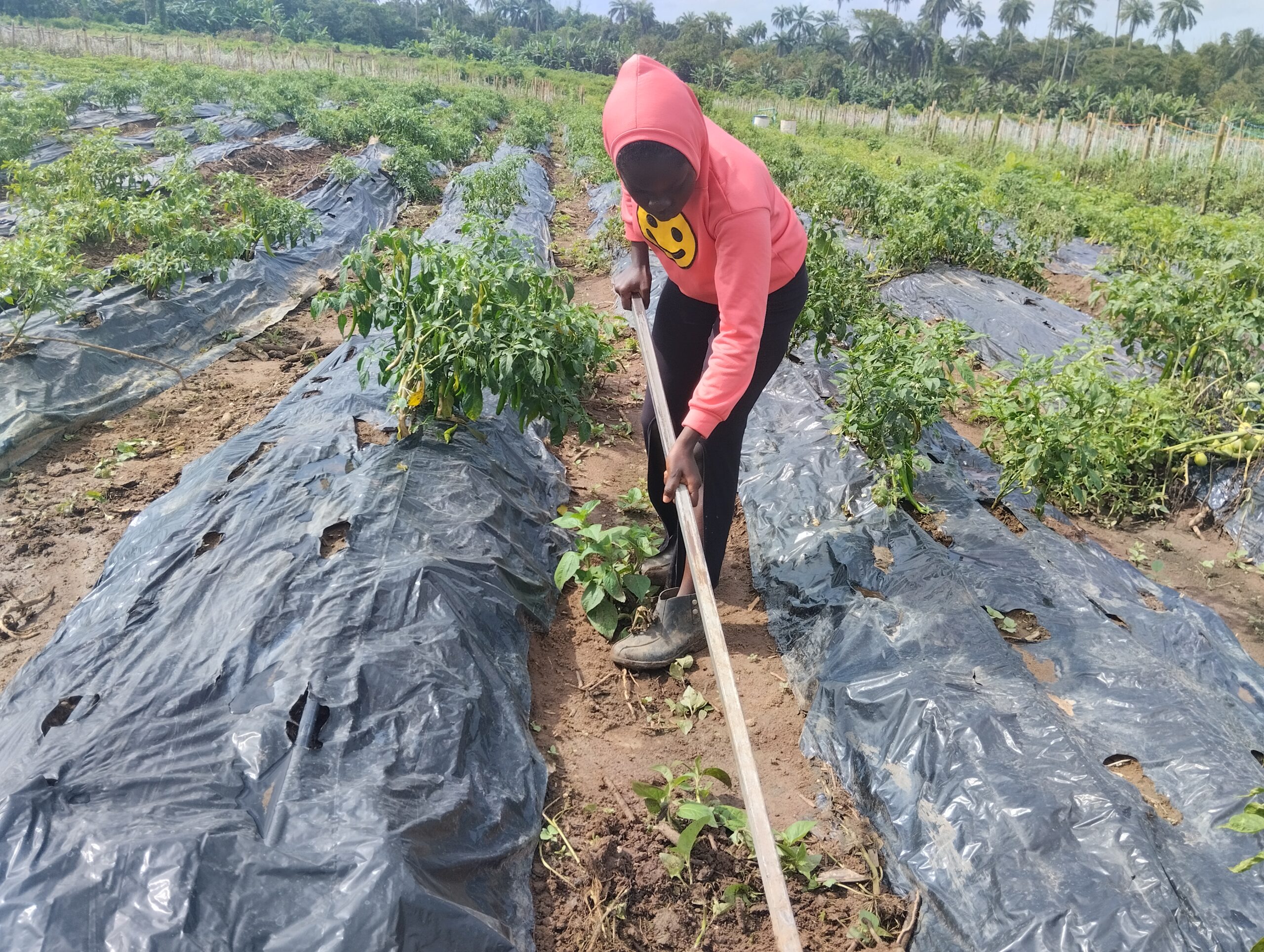Water is essential to human and agricultural survival. With agriculture using the largest percentage of water used overall; agriculture consumes over 80% of the world’s consumptive water, because of this, farmers must master the technique of managing water efficiently on their farms.
Water usage should be balanced; avoid overusing or underusing it. You should be aware that each type of soil has a different capacity to hold water, and that how you utilize water can significantly impact the development of crops. Managing the water required to grow crops, whether they are irrigated or grown using rain, is the main focus of agricultural water management.
How do you manage water properly on a farm? By the time you are through reading this article, you will have learned practical strategies that Farmwella employs to efficiently and effectively manage water on the farm.
The following are a few ways you can manage water on the farm:
-
- Drip Irrigation

One of the numerous benefits of the drip irrigation system is how much water it saves. How does drip irrigation help in conserving water?
Through the connection of pipes and emitters, the drip irrigation technique delivers water slowly and directly to the plant’s root zone. Which therefore keeps the soil moist but never completely submerged in water.
-
- Mulching

Mulch is a material that is used to cover the soil. It serves as a protective layer, and one of its primary functions is to conserve soil moisture. At Farmwella, we have been able to preserve water to the greatest extent feasible because of the use of plastic mulch, which is an inorganic mulch. Mulches are beneficial because they prevent the water that is applied to the soil from evaporating, keeping the soil wet and conserving water.
There are two different kinds of mulch: Organic mulch and Inorganic mulch. Organic mulches are created from the remains of dead plant substances like compost, sawdust, pine needles, and a host of other substances. Examples of inorganic mulches include plastic mulches, gravel, and seashells.
-
- Weed Management

Controlling weeds on your farm is one method of effectively managing the water there. In addition to the damage they may do to plants, their proximity to your crops could lead you to waste water needed by the crops. Weeds compete with crops for soil nutrients, water, and light, so if the weed is not controlled, you will end up providing water to both your plants and the weed.
Learn more about how to control weeds safely and successfully on your farm.
Conclusion
The methods listed above are just a few that you can use to manage water efficiently on your farm; going organic is another strategy that has proven successful for Farmwella. Organic farming keeps the soil moist because the soil is rich in soil organic matter, and this has been shown to benefit the entire farm operation.